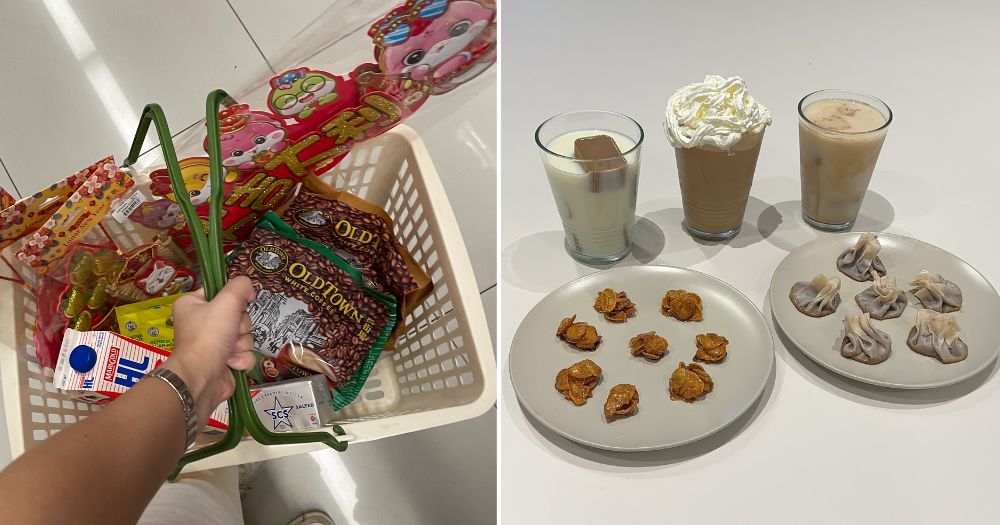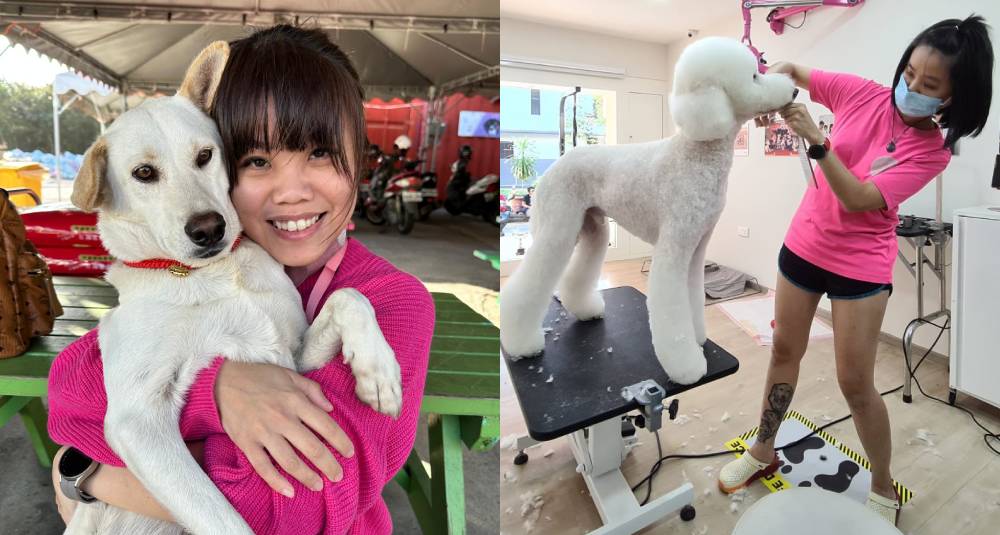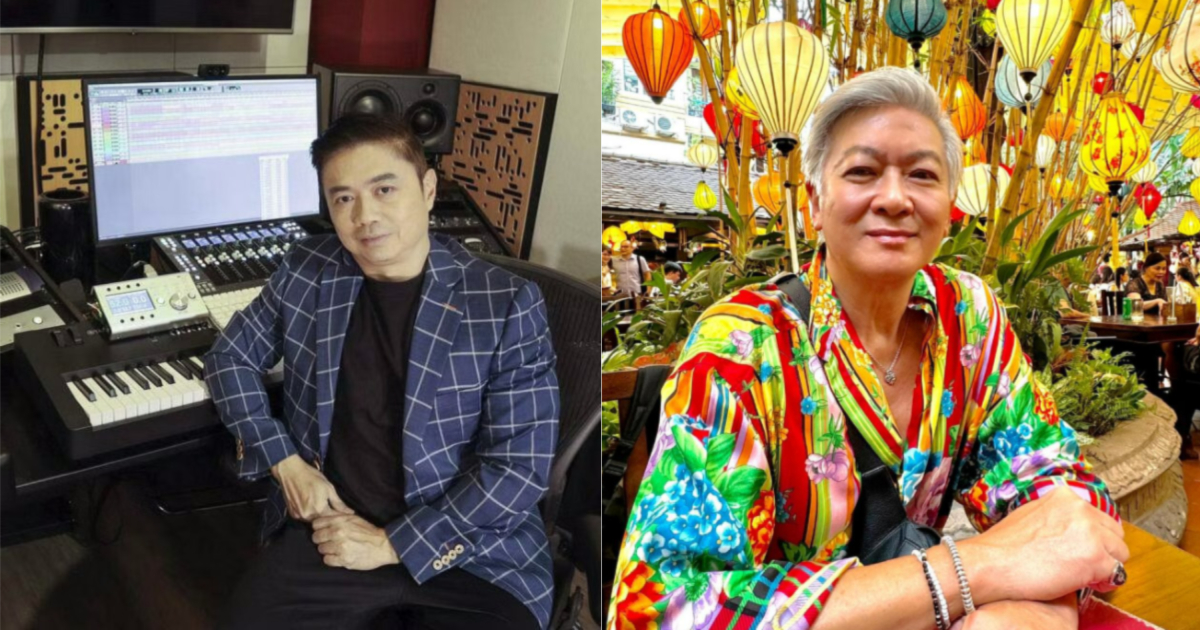S’pore mum, 33, voluntarily goes ‘back to school’ to help son, 7, through primary school
The things we do for love.
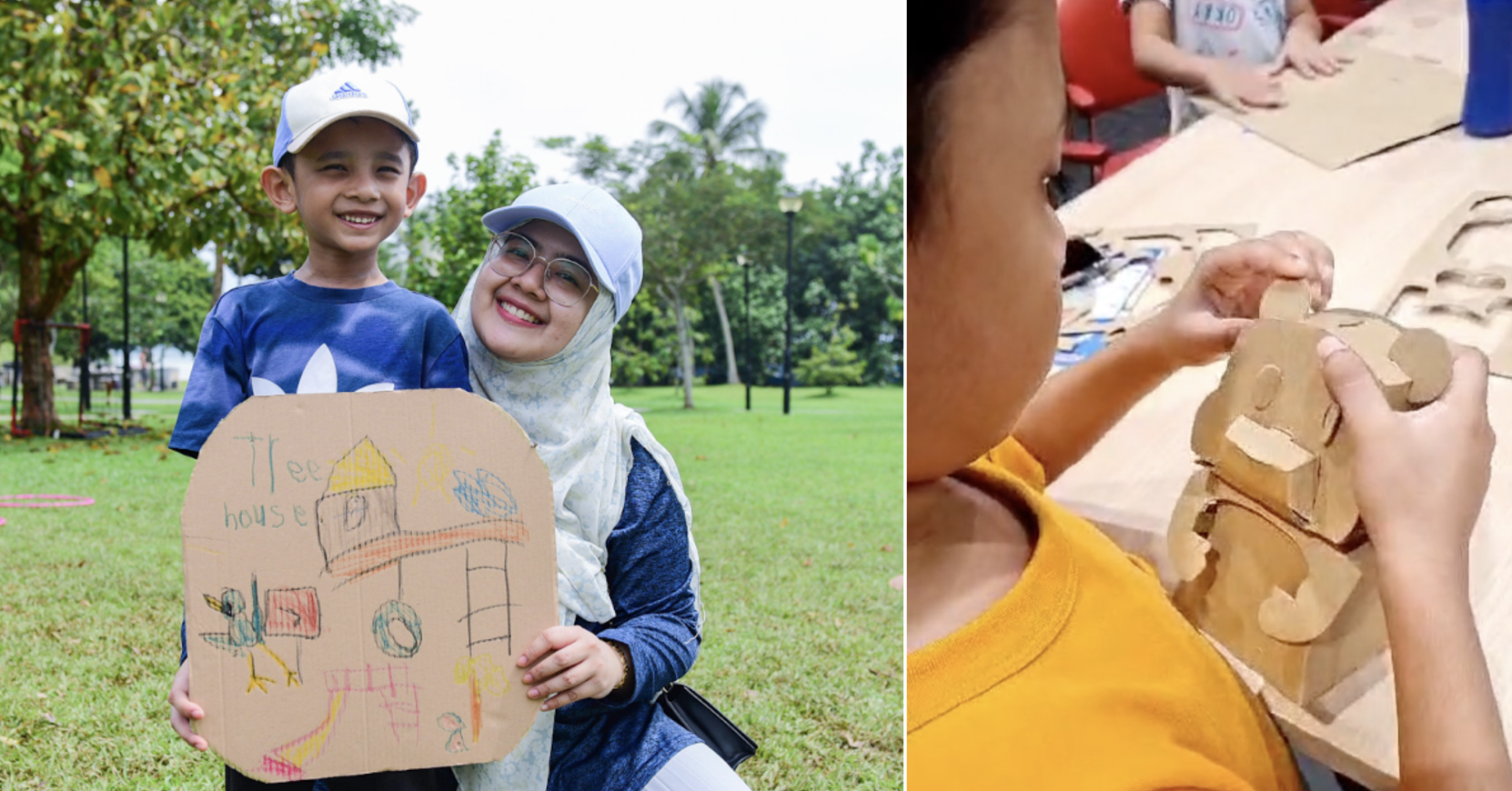
The classroom is a distant memory to Nisa.
At the age of 33, she has long forgotten things like morning assembly, end-of-year exams, or calling out, “'cher, may I go toilet?” only to have your grammar corrected in front of the entire class.
But to her seven-year-old son, this is his every day.
His mother may not exactly relate, especially to the last point, but she sympathises with him as he navigates the intimidating world of formal education.
Which was why when the boy was still in kindergarten, Nisa took it upon herself to teach him basic Mathematics, in the hopes of easing his transition into primary school.
The lessons were a trial and error of sorts, with Nisa relying heavily on a pack of trusty flashcards.
Speaking to Mothership, the mother said she would write a number on each card and then jumble them up.
She would then tell her son a random number and get him to pick the corresponding card.
It sounded easy enough.
Until it wasn’t.
“Am I the problem?”
The cards never did much to hold the boy’s fleeting attention.
His youthful curiosity often led his eyes astray.
Lo and behold, the toys in the playroom and the world outside the window beckoned harder than the numbers one to 10.
“Is it me?” Nisa fretted, “Is my lesson so boring? Is the problem me?”
Not a stranger to the nature of children, Nisa knew deep down that it was just a boy being a boy.
 Photo courtesy of Nisa
Photo courtesy of Nisa
But she didn’t know any other way to engage him besides asking him to memorise it again and again.
“Personally, when I was in school last time, that’s how it was. Textbooks and more textbooks,” she said sheepishly.
Nisa did her best, but she was still just one person trying to do one of the hardest things in life: Get a kid interested in Math.
So, she called for reinforcement.
It takes a village
In this case, the village was Mendaki’s KelasMateMatika (KMM).
KMM is a programme involving parents and children aged four to six, whereby parents learn how to support their child’s education journey.
Every Sunday for four weeks, Nisa attended two hour-long classes on how to help her son tackle Math for a start.
She picked up pedagogical methods like the Concrete Pictorial Abstract (CPA) approach, which helps children grasp abstract concepts by anchoring them in material objects.
The world around Nisa, long dulled by her adult sensibilities, suddenly began beckoning her like it did to her son.
Inspired, she taught the boy to see shapes in tissue boxes and mobile phones, and to repurpose colour pencils into counting tools.
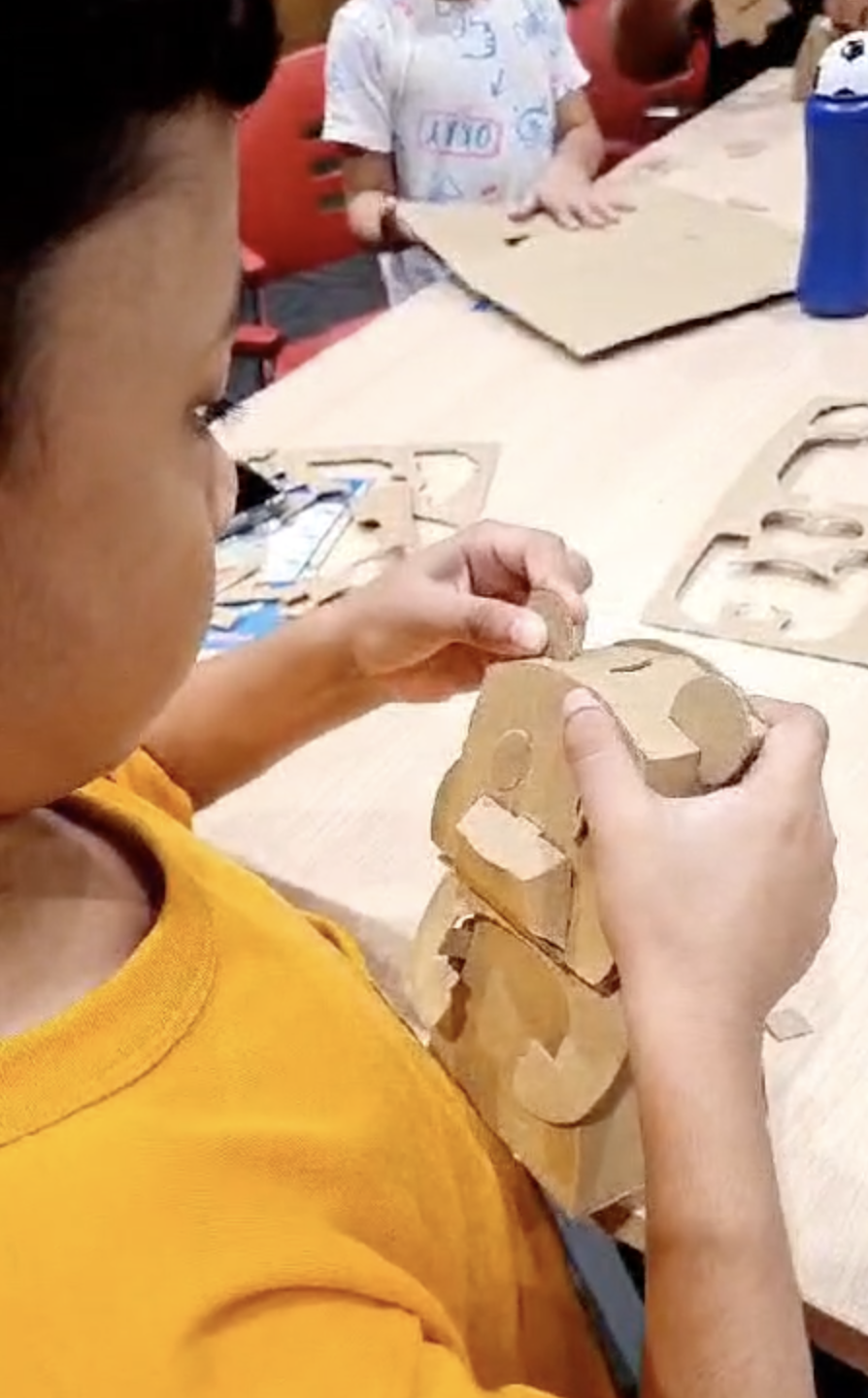 Photo courtesy of Nisa
Photo courtesy of Nisa
“I’d never thought about such things,” Nisa said.
“You tend to teach your child based on what your own experiences are. But we forget that children perceive the world differently.”
And for a mother who thought she knew everything there was to know about her son, Nisa found she still had more to learn.
Not lazy, just hungry
Like how it wasn’t just about what and how you were teaching your kids, but also when.
In the past, if her son whined about not wanting to do work, Nisa said she would have chalked it up to him trying to slack off.
The programme taught her to look beyond the surface and at the underlying cause of her child’s behaviour.
Her son could be tired from a long day of school, and unable to squeeze out any more brain juice for another session with the books.
Or he could simply need a break first to rest his mind (because don’t we all?)
More than numbers
Studying with her son became more than just numbers on cards.
Nisa became privy to new knowledge about her son as a person — what he was like, his quirks, and his worldview.
“I am a very by-the-book person,” Nisa said, adding that her son taught her how to learn through “fun and play” instead.
She never would have thought to do so if she hadn’t found a flyer for the Mendaki programme in her letterbox, she said.
Her son seemed to agree.
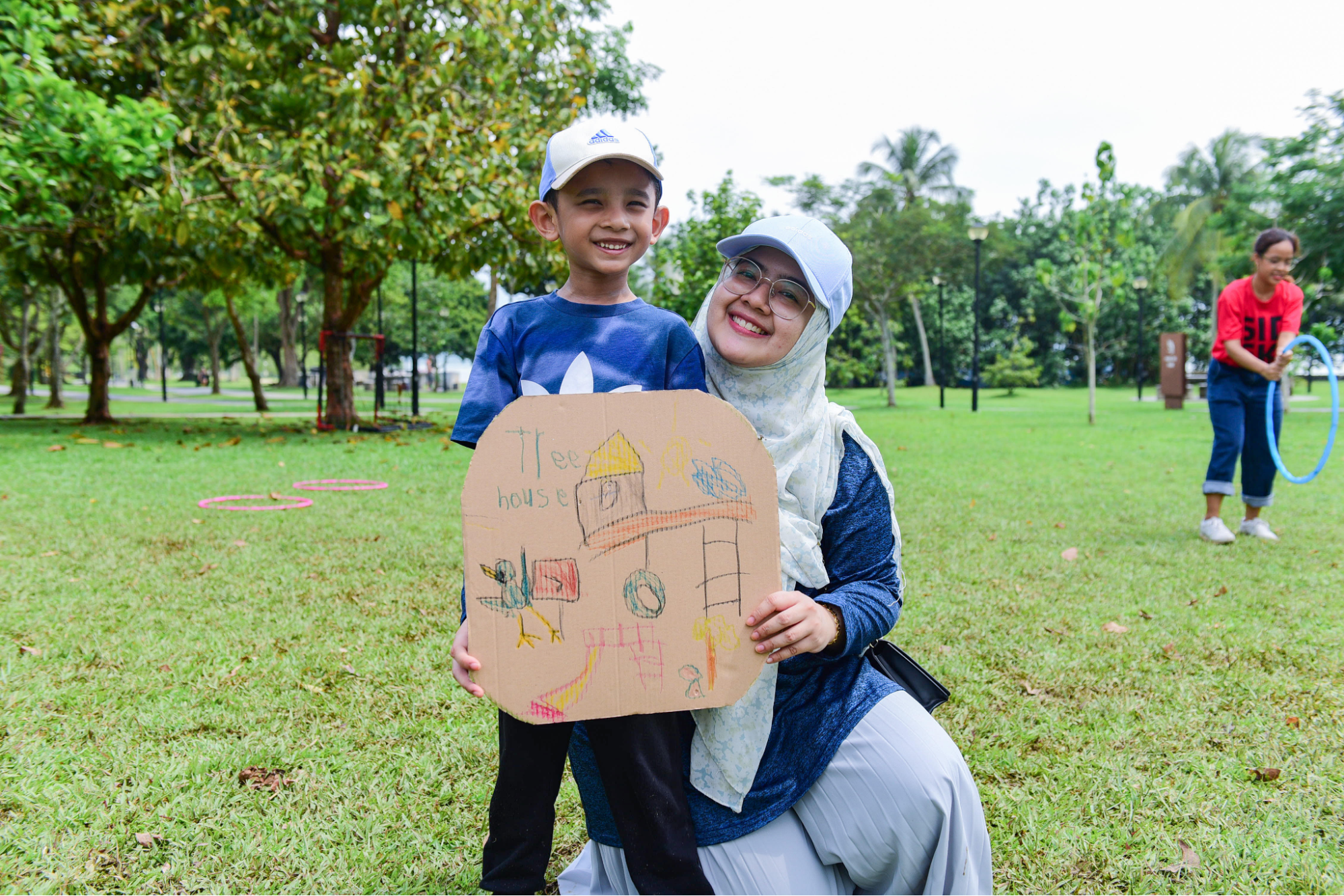 Photo courtesy of Nisa
Photo courtesy of Nisa
Nisa nearly fell out of her chair when he turned to her one day and said: “Mama, I like studying with you. I like you.”
This sponsored article by Mendaki made the writer nostalgic about her primary school days.
Top photos courtesy of Mendaki.
MORE STORIES






